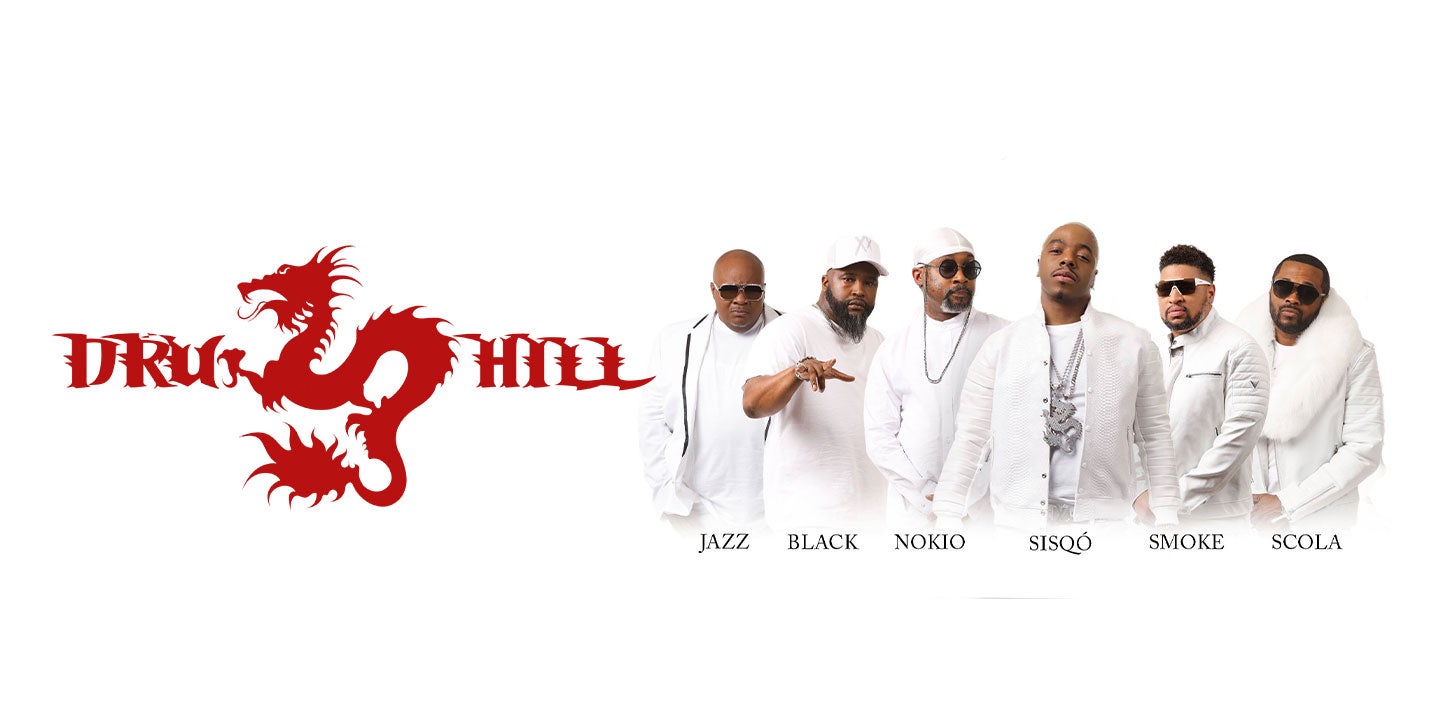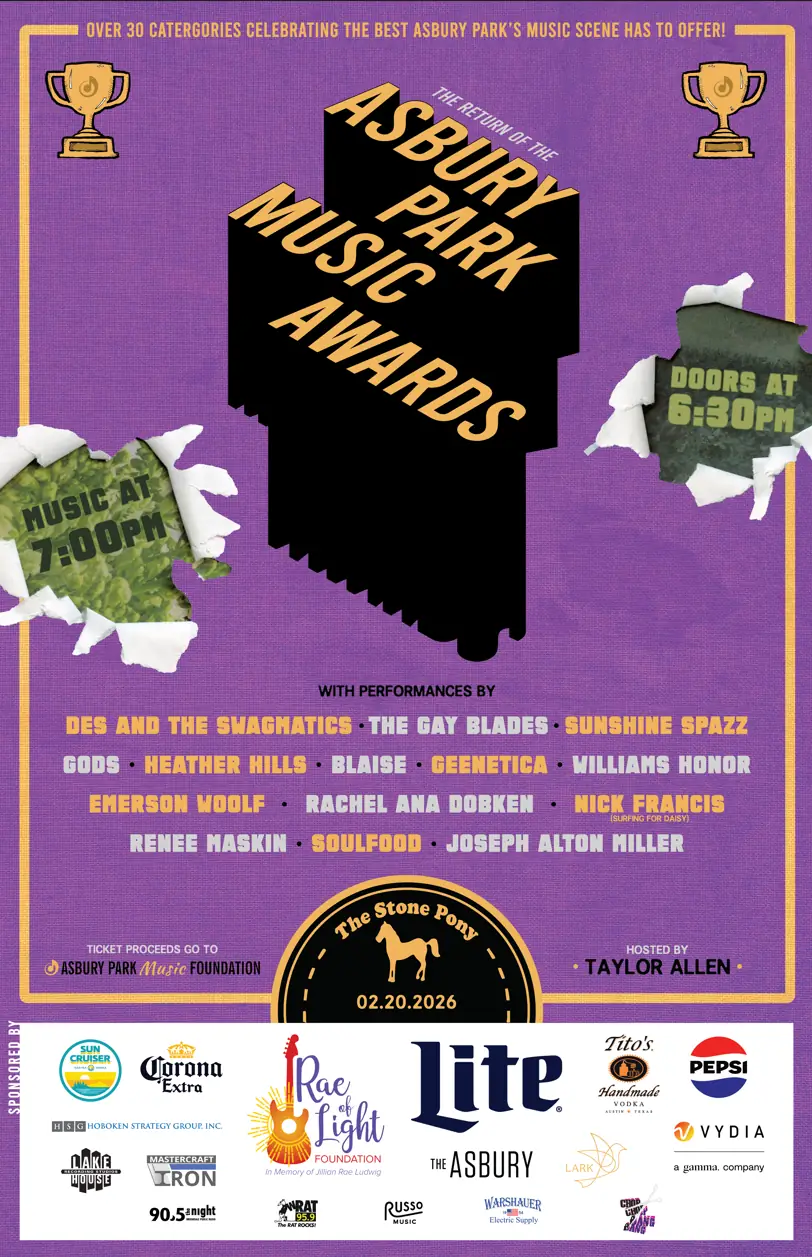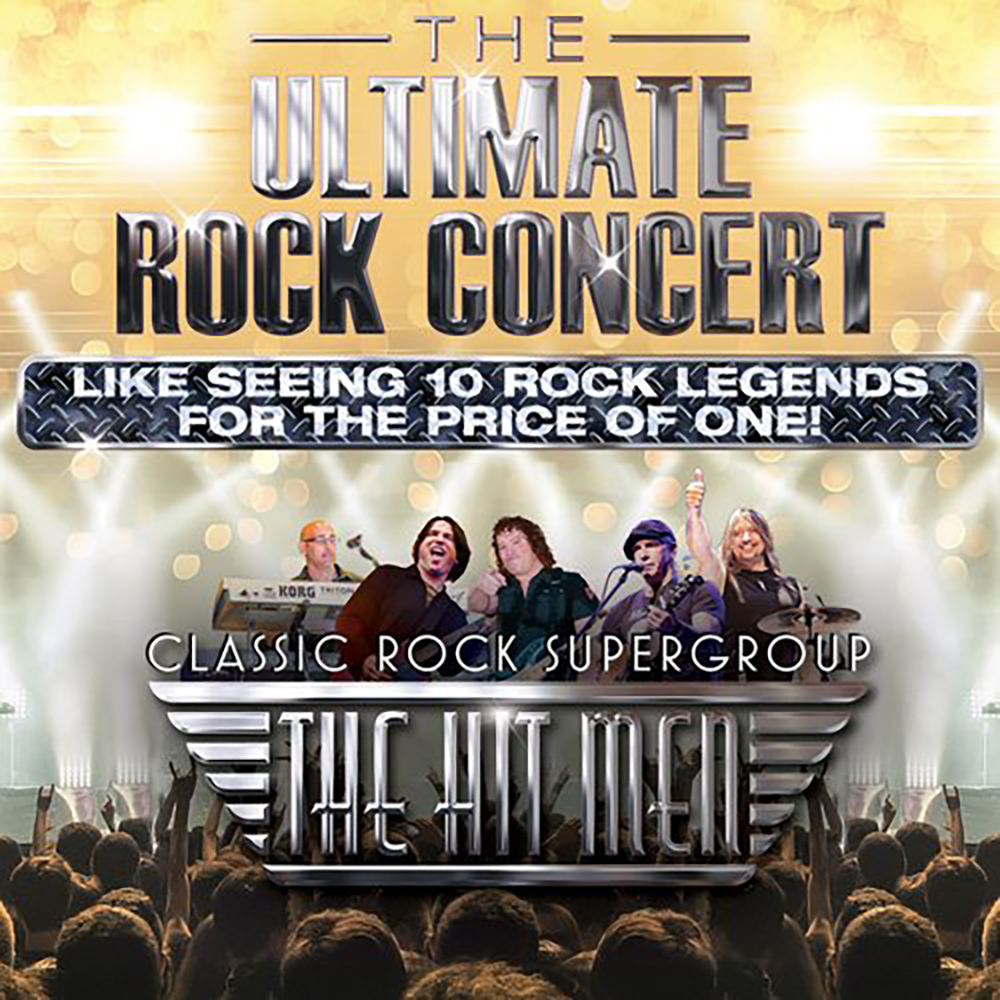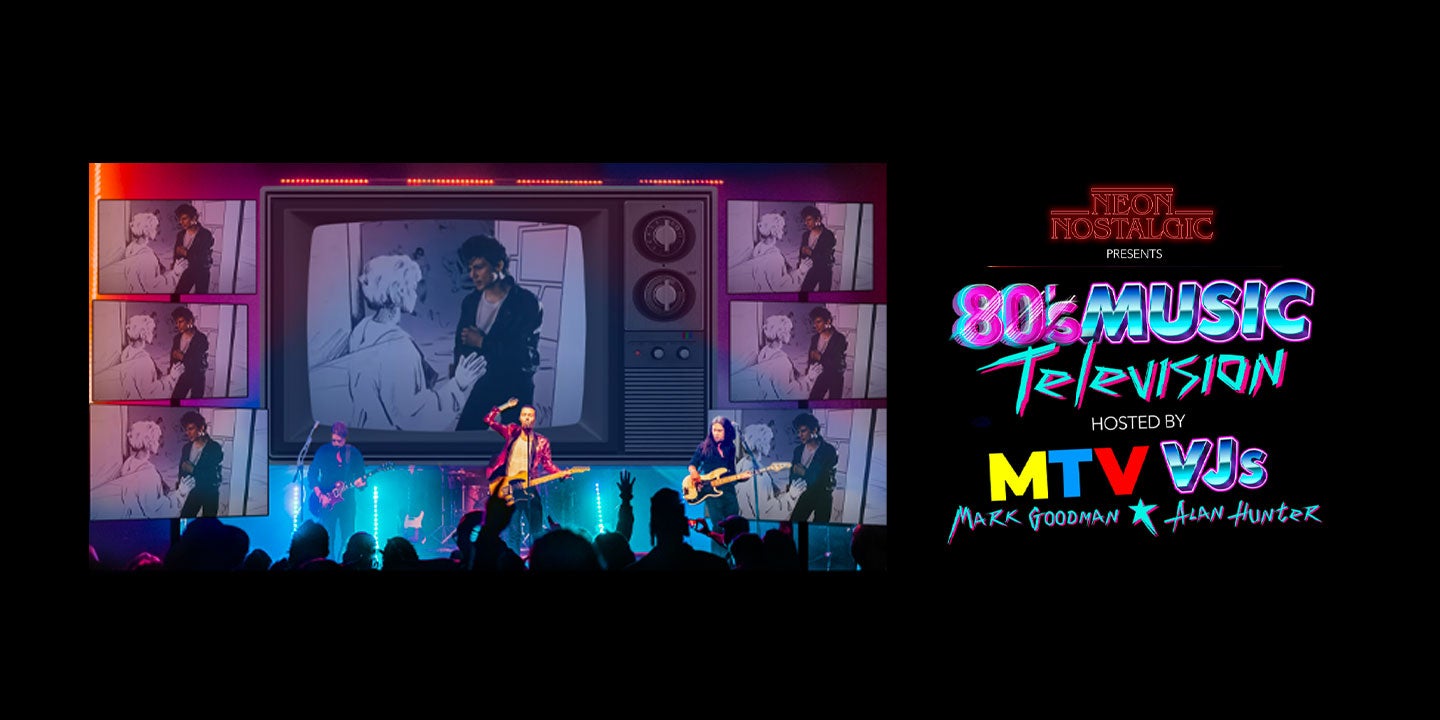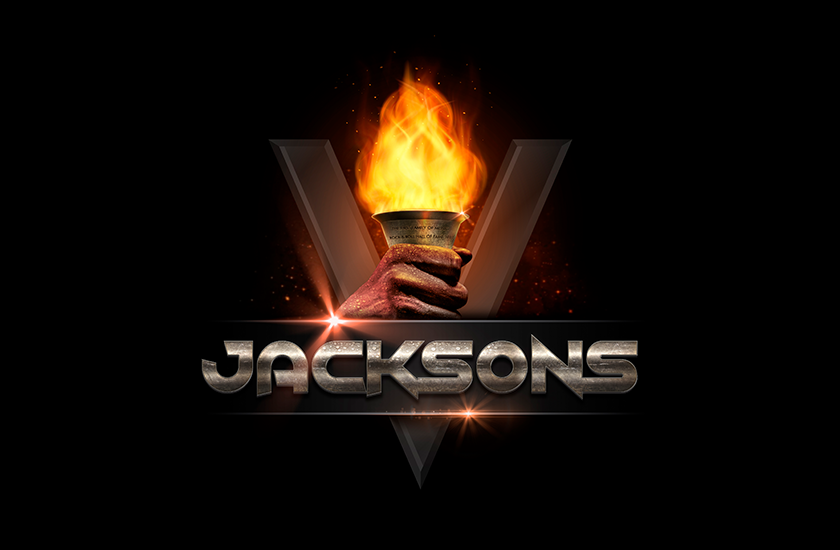By Rosemary Conte
originally published: 04/24/2018

I sat down with singer/songwriter/bandleader/producer April Kelly, to “talk shop” about changes in the music world. April’s a dynamic woman, who keeps pace with the rapid changes in technology, the business of music, and the music itself. She’s been involved with all aspects of music, from her current blogging and podcasting to her mega-popular wedding song “Band of Gold” to her 2016 Song and Artist of the Year Nominations in the Nashville-based Josie Music Awards, the largest award show to celebrate independent artists worldwide of all genres.
We spoke excitedly about the wonderful ways in which musicians’ lives have changed – if they’ve been able to transition to new ways of working with new tools. It’s no secret that a locally successful musician gets paid far more playing private events like weddings and bar mitzvahs than working in clubs. April’s Band of Gold is her mainstay for now, as she raises her two children.
Of all the positive changes that have come about in managing a band, and prospecting for clients, April said the showcase is the most important.
“Years ago, we used to meet people face to face in a public venue I’d rent so as to perform for them live. There was a lot of time and expense involved in setting it up and advertising the showcase to attract the public to come “audition” us for their wedding or other private event. The band would put out a full day’s work for no pay, hoping some people would book us that day, or call me after they’ve shopped around.
“Now we do private showcases for groups of people already liking the band. Prospects are referrals and online leads…people who have viewed our video on BandofGoldMusic.com or on social media. Seeing us live is so much better than watching a video; however, the video has been the audition and the showcase usually closes the sale. Also, in the past, we talked with clients on the phone. Today we email. ”
Before everyone had PCs, laptops, smart phones, and social media, a wedding bandleader might get permission from a current client to allow a prospective client to peek in on their affair to observe the band at an actual wedding. It was cheaper and less work than renting a venue and playing a showcase -- but it was tacky, and the plan didn’t always work. Sometimes, venue managers wouldn’t allow an uninvited couple a glimpse through the door of a wedding reception in progress. Sometimes, peekers were treated rudely and told to leave. It was a shabby way to treat a prospect and bad for the band’s business.
Less tacky, was putting out the word -- in some way primitive by today’s standards -- that the band would be playing a public gig at a club where prospective clients could see them. But that wasn’t perfect either, as the people would have to imagine the band in tuxedos, and there was no indication that the band knew how to play a wedding, which requires some special skills.
With the advent of quality consumer-level video cameras, independent bands and the large agencies began taking videos of bands and meeting with clients by appointment to view them and sign contracts for the event. Back then, it seems band personnel would change more than today. And because the singer is out front, people would easily remember the look and sound of a single singer, and in many cases argue that it wasn’t the band they paid for.
I believe that today, more independent bands like Band of Gold share in the lucrative wedding business, whereas two or three decades ago large entertainment agencies would stage multi-band showcases using their pool of bands. People would view several bands at a venue and agency sales people would be on site, contracts in hand, to do the booking. It was a requirement that the bands play the showcases for no pay in order to remain in the employ of the agency; however, at the end of the year musicians would receive a Tax Form 1099 to file as an “independent contractor.” Entertainment outfits like Barry Herman Orchestras for which my early band worked are still providing a diverse array of live entertainment with price tags far larger than that of independent bands.
April Kelly says that, “Before Facebook and digital devices we couldn’t efficiently communicate as a band as we do now. We can group chat and send messages about songs, send chord charts electronically, and even rehearse via Skype -- where years ago, we had to meet physically to discuss the music, other details of the gig, and to rehearse. For Band of Gold…every detail can be taken care of electronically/digitally the seasoned players just show up and do the gig!”
During the years that demanded bands make the transition from “old style pop music” to the new…mainly rock, the older bands survived by playing what they always played and extending the life of the band by hiring a young singer/guitarist who could perform “top 40” music. (While still a kid, my son Steve Conte would often be that top 40 guy. And, boy! Does he have stories.)
In the pre-digi world, when we had to learn new songs…we’d have to buy a whole album for one song or shop for sheet music. A leader might buy the album then make cassette tape copies to mail to the musicians for study; then, everyone knowing his part, there would be an actual rehearsal. Later on, we could download from Napster and hope we didn’t get arrested and fined.
When chord charts were needed, someone in the band would write them by hand, and in the days before copy centers, every “copy” for each band member was written by hand. Photocopy machines came along and put “copyists” who would handwrite arrangements for big bands and symphony orchestras out of business.
For me, driving to a gig was often a mini-tour of NJ highways. It took persistence to call a venue and speak to someone ranking high on the staff who could give dependable directions. I think of all the times I – with no sense of direction – became lost. No cell phones yet. And no GPS. Some leaders would make a dry run to the venue to make certain the best route for the players so there was no chance of being late.
My most memorable “lost” story was the night I ended up in a wooded area, far from main roads off the E. Paterson Parkway Exit. I was to perform at the premiere NJ jazz club, Gulliver’s. All I could do was sit in the dark woods…and cry – when out of nowhere -- a state police car appeared on a narrow dirt road through the woods. (Some people would say I was rescued by an angel.) The officer escorted my car to the club and even carried my sound system inside minutes before start time. Needless to say, it was not easy to sing after that experience. So much struggle before Facebook and before the GPS! When Dennis Nardone was drummer in my band, we made plans to compile my paper file of directions to and from catering houses and clubs and other data into book form for musicians. We never did the daunting task. It would be easy to do so today.
Few clubs had sound systems back then. And way back, before rock clubs and before disco, commercial bands were comprised of jazz trained musicians, who could play any kind of music…and in many cases, weren’t even a set band. A musician could book a gig in a club, then call on his favorite players or their subs, and show up to play. A dependable freelancer, I was the singer on such gigs. And sometimes, I saved the day because I owned a sound system. NJ clubs didn’t have sound systems, so owning one, would make one a more attractive hire. So – I invested hundreds of dollars in a PA and mics, so I could play $35…or maybe $50 gigs!
That reminds me of a joke: A working musician won a million dollars in the lottery. A friend asked him if he was going to retire from music now, and he replied, “No. I’m going to keep working ‘til the money’s gone.” Though it’s still not easy making a living in music, today, thanks to FB and other social media to help with promotion and YouTube for learning songs, the day-to-day prepping is, thankfully, easy.
Rosemary Conte is a singer, voice teacher, and freelance writer. She coaches people on how to get started in music and in interpreting dreams.
Her column appears here monthly. Contact Rosemary to learn how you or your business can become a sponsor of her monthly Inside Music column with a text box in the column announcing your support. Or, consider buying an ad to appear in Rosemary’s column at a discounted rate. For details email [email protected] or call 732-583-4959.
FEATURED EVENTS
To narrow results by date range, categories,
or region of New Jersey
click here for our advanced search.
To narrow results by date range, categories,
or region of New Jersey
click here for our advanced search.
EVENT PREVIEWS
The Princeton Folk Music Society presents Anne Hills on February 20th
February 20, 2026
State Theatre New Jersey presents Dru Hill
February 20, 2026
Asbury Park Music Awards Returns February 20th
February 20, 2026
Broadway Theatre of Pitman presents THE HIT MEN on Friday
February 20, 2026
Neon Nostalgic Presents 80's Music Television at State Theatre
February 21, 2026
UCPAC presents Lez Zeppelin: The Song Remains The Same 50th Anniversary Celebration on February 21st
February 21, 2026
Harmonium Choral Society's Broadway Cabaret Troupe presents "You Know This Song"
February 21, 2026
The Newton Theatre presents Lotus Land - American RUSH Tribute
February 21, 2026
bergenPAC presents The Jacksons on February 21st
February 21, 2026
Lewis Center for the Arts presents "How to Be Not Alone"
February 21, 2026



